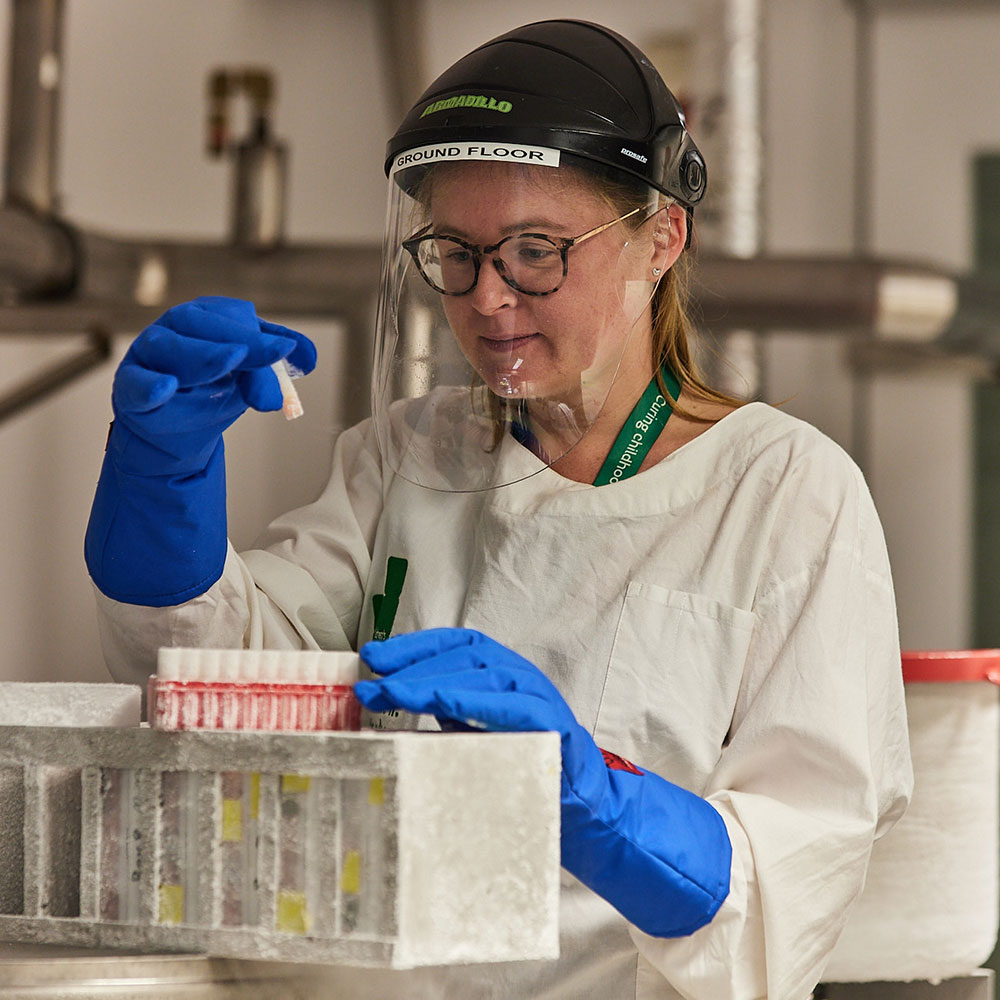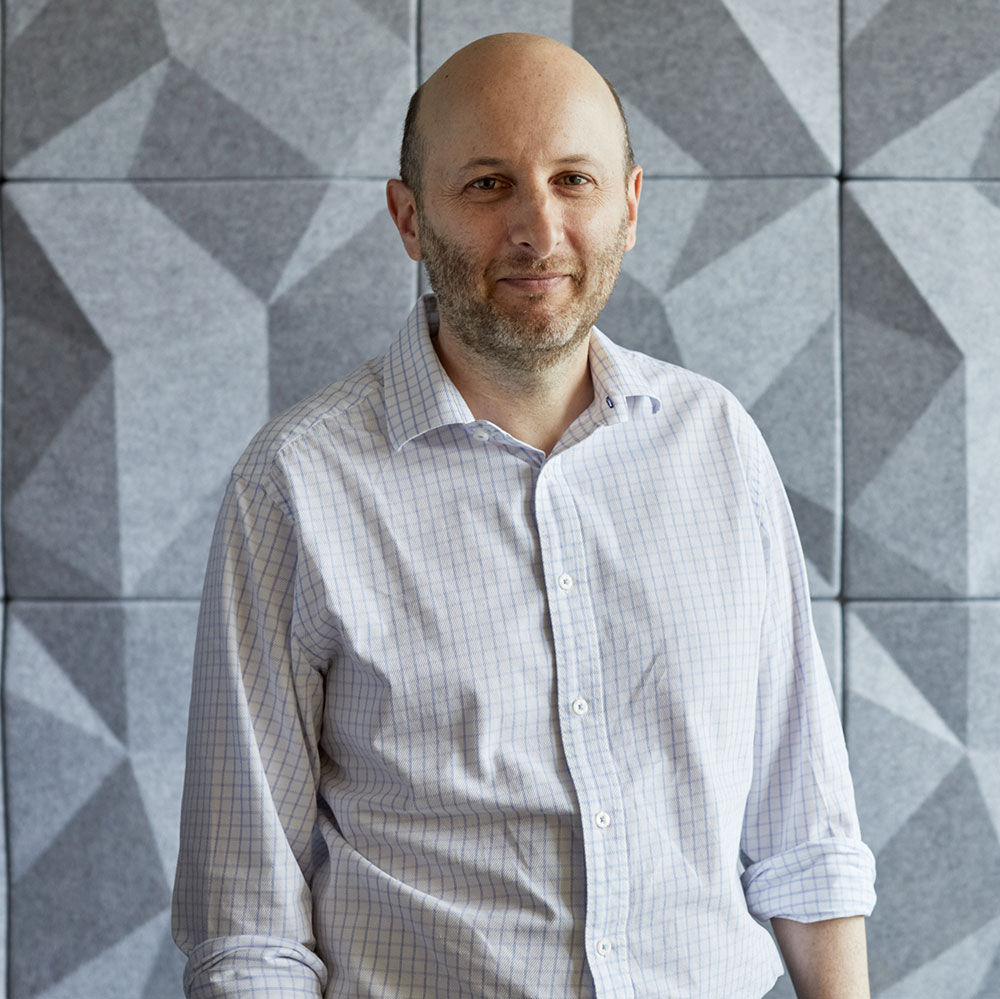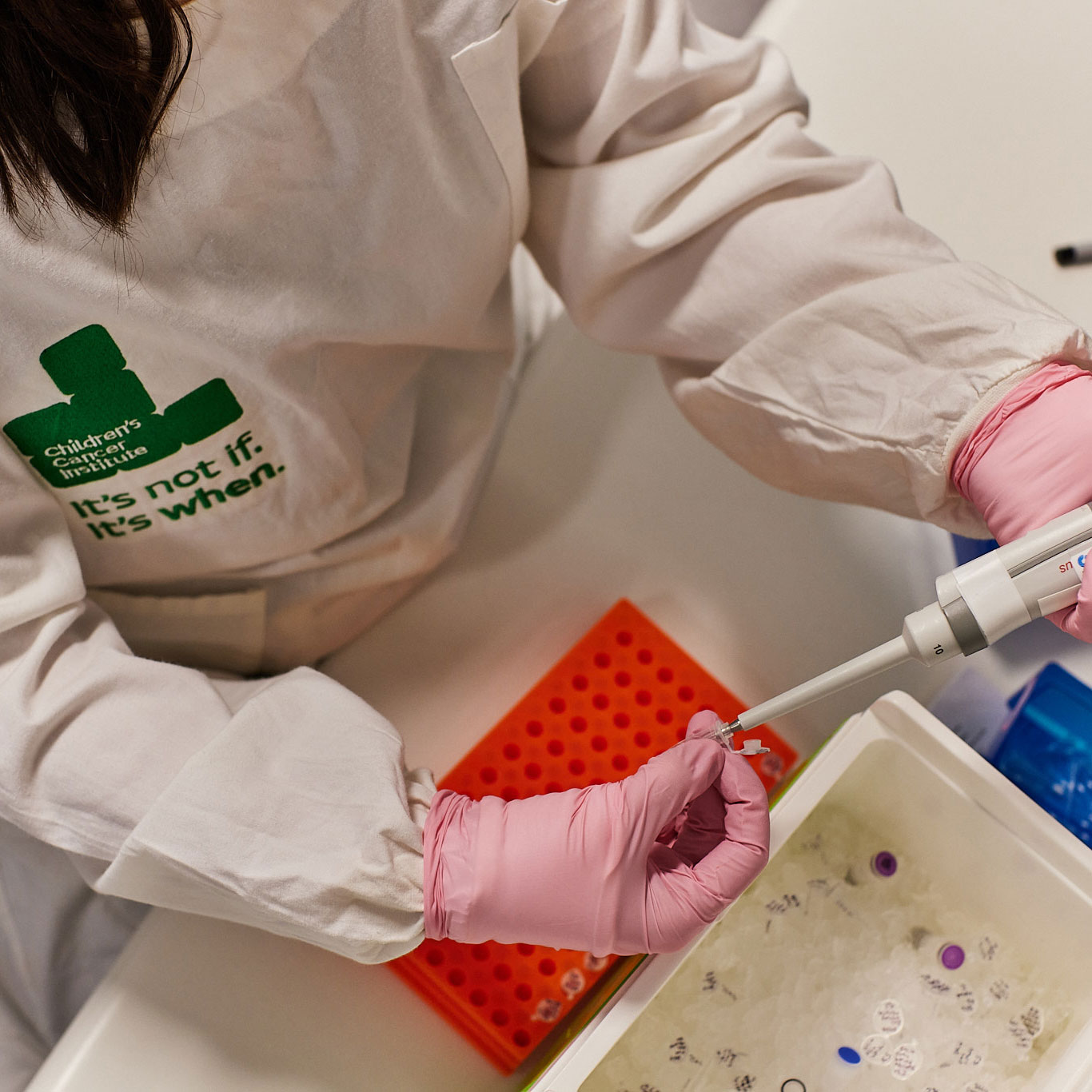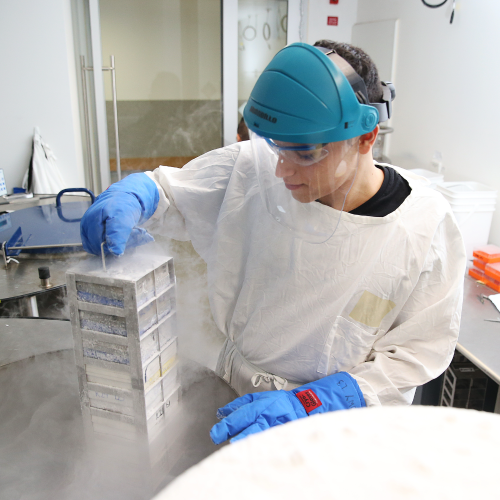
The success of an Australian program which aims to find the most-likely-to-succeed personalised treatment recommendations for children with high risk cancer has been revealed in a paper published today 6 October in the prestigious journal, Nature Medicine.
The program uses state of the art genetic technology to test each child’s tumour with a comprehensive suite of genetic tests to find a therapy that can potentially treat the cancer. This testing is completed within a clinically relevant timeframe of under 9 weeks on average, with more than 70% of the children being recommended a personalised treatment program. Of these cases, at least one, and sometimes several, genetic changes are identified that lead to the potential treatment recommendations.
The paper’s description of the Zero Childhood Cancer Personalised Medicine Program (ZERO), led by Children’s Cancer Institute and Kids Cancer Centre at Sydney Children’s Hospital, Randwick – offers a new paradigm for the management of paediatric cancers with global implications.
Every year close to 1000 children and young people in Australia are diagnosed with cancer, and of these, three children die each week. The challenge in curing every child of cancer is that every child and every cancer is unique – which is why the current standard treatment options don’t always work.
One of the world’s most comprehensive personalised medicine programs for children and young people with cancer, ZERO aims to identify the precise make-up of each child’s cancer by using sophisticated genomic tests (whole genome sequencing, whole transcriptome sequencing and methylation profiling) to identify the molecular changes (including “mutations”) driving their cancer, and matching these with treatments most likely to target their unique cancer. The aim is to identify a personalised treatment plan for each child.
Zero Childhood Cancer researchers, Associate Professors Paul Ekert, Mark Cowley, and David Ziegler, with the support of a vast team of researchers and clinicians, studied the genomic data generated from the first 250 children enrolled on the program and have shown that ZERO identified the molecular, or genetic, basis of a child’s cancer in more than 90% of cases and 70% had at least one new potential treatment option identified based on their cancer’s genetic makeup.
At the time of publishing this report, 32% of children for whom a therapeutic recommendation was made, had received the recommended therapy. The early results of those children showed that in 30% of cases the tumour shrank, and in some patients completely regressed. In another 40% of cases the tumour stopped growing and stabilised.
According to Associate Professor Ziegler, clinician researcher and co-Chair of ZERO’s national clinical trial, “these are very optimistic early results for children with the highest risk cancers,” he said. “We have shown that ZERO has the potential to find personalised, novel treatment strategies for children with the most aggressive cancers who in many cases have no other treatment options available. Patients who received the molecularly informed, recommended therapy had a much higher rate of clinical benefit than we would expect from non-targeted approaches.”
Associate Professor Cowley said the success of the ZERO program, reported today, represents a paradigm shift in the way high risk childhood cancer can be treated. “We have developed a highly effective approach for molecularly profiling a child’s cancer and extracting the medically relevant information from this complex data in a clinically relevant timeframe,” he said. “We have shown that this approach informs patient diagnosis, identifies new potential treatment options, and identifies families that may be at higher risk of developing additional childhood cancers.”
According to Associate Professor Ekert, the fact that in more than 90% of cases the genetic cause of the cancer was identified is important as it provides a way to systematically identify the molecular basis of most childhood cancers. “We are now able to prise open the lid of the black box of this previously poorly understood collection of diseases,” he said.
ZERO has helped children like Thomas, who was diagnosed at age 2 and a half, with a rare form of brain cancer. Thomas’ condition was deteriorating, and after undergoing multiple surgeries and losing much of his eyesight, the treatment options were quickly running out. Once Thomas was enrolled on ZERO, a rare mutation driving his cancer growth was found, and a new experimental drug was found to target it. He had a dramatic response to this treatment with shrinkage of his tumour. Today Thomas is 8 years old and whilst he is still receiving his therapy, his future looks bright – he is back at school and able to return to the activities he enjoys.
However, this long-term outcome is not yet the case for all children with cancer. Three-year-old Stella suffered with an extremely aggressive brain cancer that meant she could no longer talk, walk or eat unaided and was in palliative care when she was enrolled on the ZERO program in 2017. A genetic driver was identified in her brain tumour, and when she received the recommended targeted therapy her tumour completely disappeared, she was well enough to run around and play like any healthy child. However sadly, after 10 months of treatment her tumour grew back and she passed away on 1 August 2018. While ZERO could not save Stella, it was able prolong her life, giving her 10 months of happy and relatively healthy time with her family, that they otherwise would not have had.
ZERO is changing the model of care for children with cancer by identifying new treatments specifically targeted to each child’s individual cancer and facilitating access to the right drug for the right child at the right time.
Media enquiries:
Children’s Cancer Institute: Tania Ewing, 0408 378 422, taniaewing@taniaewing.com
More about ZERO:
- ZERO has established Australia as an international leader in paediatric precision medicine. It is the leading childhood cancer program that is delivering integrated whole genome sequencing, whole transcriptome sequencing and methylation profiling to improve treatment options and clinical outcomes in real time. Built on a collaborative network of all eight children’s hospitals in Australia and 23 national and international research partners, the first ZERO national clinical trial for children with aggressive cancer (30% survival or less) was launched in September 2017.
- While this data published in Nature Medicine reports on the first 250 patients of the national clinical trial, ZERO has now enrolled close to 400 children, and potentially actionable treatment recommendations continue to be made by the national cross discipline expert tumour board for over 70% of the children.
- Beyond investigating clinical impacts, large-scale discovery programs like ZERO are vital resources driving expansion of workforce capabilities to meet the new demands of precision medicine guided care, and the discovery of new targets and pathways important in child cancers. ZERO is identifying new treatments not currently available to children and facilitating access to the right drug for the right child at the right time.
- A further critical benefit of ZERO for children with cancer is the sharing and accessing of child cancer data globally. ZERO will develop novel data systems, integrating clinical, sequencing and other research data to improve precision medicine recommendations. This will also facilitate global sharing of these data and discoveries to maximise the net positive return on research investment.
Zero Childhood Cancer is led in partnership by Children’s Cancer Institute with the Kid’s Cancer Centre, Sydney Children’s Hospital Network supported by the following funding Partners:
- Australian Brain Cancer Mission
- Australian Cancer Research Foundation (ACRF)
- Australian Federal Government Department of Health
- Australian Lions Children’s Cancer Research Foundation (ALCCRF)
- Bing Lee
- Cancer Therapeutics Cooperative Research Centre (CTx CRC)
- Charles Warman Foundation
- Children’s Cancer Foundation
- Cure Brain Cancer Foundation
- Garvan Institute of Medical Research
- Golden Casket
- Lenity Foundation
- Lions International Foundation
- Live for Lily Foundation
- Luminesce Alliance
- Macquarie Group Foundation
- Medich Foundation
- Minderoo Foundation’s Collaborate Against Cancer Initiative
- New South Wales State Government
- RCD Foundation
- Sydney Children’s Hospital Foundation
- The Kids Cancer Alliance
- The Kids Cancer Project
- The Lott
- The Medical Research Future Fund (MRFF)
- Tour de Cure
- University of New South Wales
- Zero Childhood Cancer Capacity Board and their supporters
About Zero Childhood Cancer
The Zero Childhood Cancer Program is a national initiative led by scientists and clinicians of Children’s Cancer Institute and the Kids Cancer Centre, Sydney Children’s Hospital, Randwick (part of the Sydney Children’s Hospitals Network). The Program is one of the most exciting childhood cancer research initiatives ever undertaken in Australia, tackling the most serious cases of infant, childhood and adolescent cancer. Participating hospitals and research centres click here.
About Kids Cancer Centre, Sydney Children’s Hospital, Randwick
The Kids Cancer Centre (KCC) at Sydney Children’s Hospital, Randwick has been treating children with cancer and blood diseases in NSW, Australia and the Asia-Pacific region for nearly 50 years. Almost two thirds of children treated for cancer or leukaemia at the Centre are enrolled on clinical trials, in a unique model where research and clinical care are one, aimed at ensuring the best possible care for children and their families. During that time the survival rates for children with cancer have gone from 10 per cent to nearly 80 per cent. Clinical and research staff from the Centre have made major international and national contributions to the expansion of knowledge in the area: from important discoveries around bone marrow transplantation, chemotherapy for relapsed solid tumours and leukaemia, to the invention of novel anti-cancer drug combinations and minimal residual disease testing in acute lymphoblastic leukaemia. Centre staff have been leaders in devising new methods of outreach and home nursing, and in developing modern approaches to the bereaved family. These achievements have been founded on academic excellence and clinical expertise. In the past five years alone, Centre staff have published over 200 papers in peer-reviewed medical and scientific journals and have been awarded more than $60 million in competitive grant funding. Over the past 20 years a total of eight clinical staff have received Order of Australia honours for their work. More at www.kids-cancer.org or www.schn.health.nsw.gov.au.














